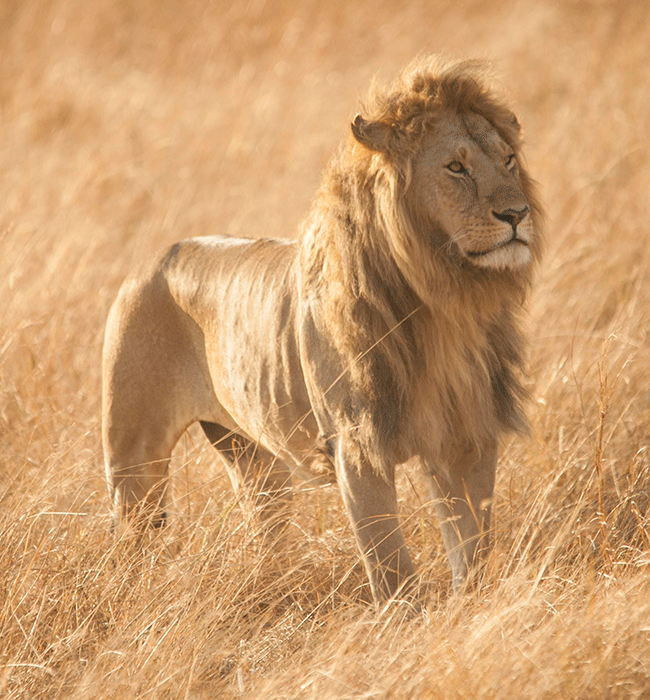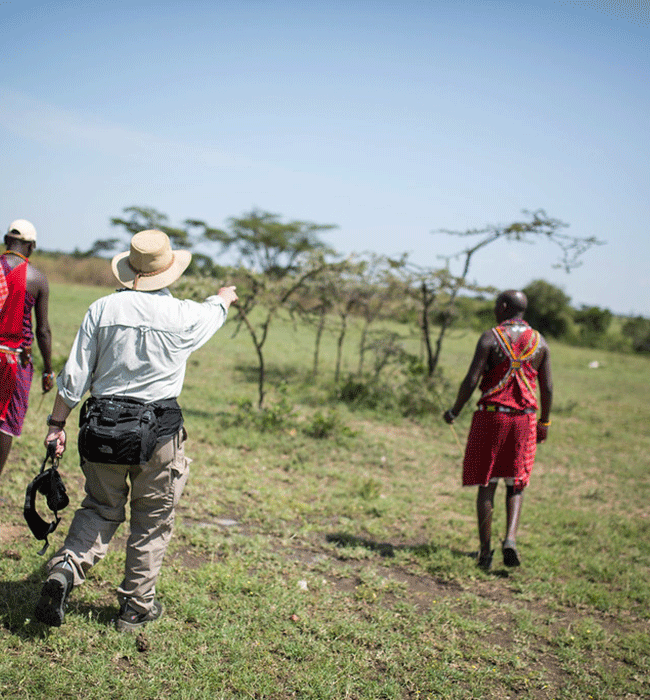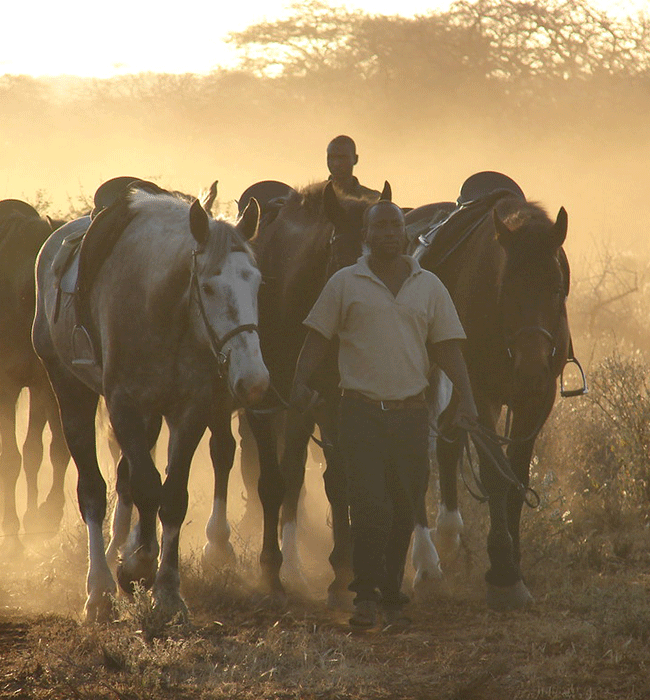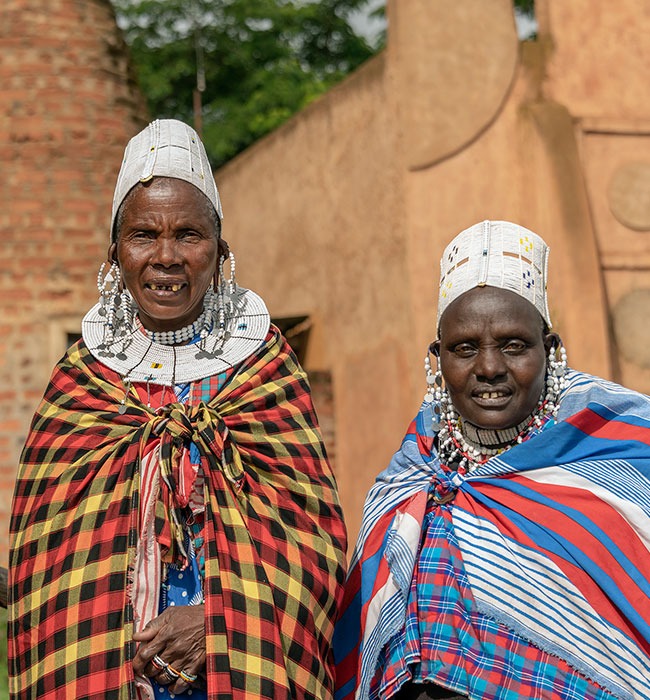MAASAI MARA NATIONAL RESERVE
The Maasai Mara National Reserve stands as Kenya’s most famous safari destination and one of Africa’s premier wildlife havens. Situated in Narok County in southwestern Kenya, it borders Tanzania and forms part of the greater Mara Ecosystem, which encompasses 11 adjoining ranches. The reserve, named after the indigenous Maasai people, serves as a natural continuation of Tanzania’s Serengeti National Park, creating one of the continent’s most remarkable wildlife corridors.
Every year, the Maasai Mara attracts more than 290,000 visitors eager to experience its extraordinary wildlife. The highlight of the year is the Great Wildebeest Migration, which takes place between July and October. During this period, over a million wildebeest, zebras, and Thomson’s gazelles journey between the Serengeti and the Mara in search of greener pastures.
This migration is perilous, as the herds must cross the crocodile-infested Mara River—many animals fall victim to the strong currents or lurking predators. On the plains, lions, cheetahs, and leopards await, turning the migration into one of nature’s most breathtaking dramas. The Maasai Mara remains a true wildlife paradise, offering exceptional game viewing opportunities and an unforgettable safari experience in the wild heart of Africa.
Attractions & Activities in Maasai Mara

Game Drives
The Masai Mara ranks among Africa’s top destinations for exceptional game viewing. This expansive ecosystem offers unparalleled chances to spot Africa’s most iconic wildlife and capture breathtaking photographs. Game drives take place throughout the year in regions with dense animal populations and are conducted in safari vehicles equipped with retractable roofs for unobstructed views. The morning drive begins at 6:00 AM, the ideal time when animals are most active, while the afternoon game drive starts at 2:00 PM, often coinciding with wildlife gathering around watering holes. Visitors can expect to encounter the Big Five, cheetahs, zebras, giraffes, and gazelles, with the highlight being the thrilling sight of big cats on the hunt. During the Great Migration (July–October), travelers can also witness the dramatic Mara River crossings. A picnic lunch in the wild makes the experience even more memorable.

Nature Walks
A guided nature walk offers an exciting opportunity to experience the Masai Mara up close. Free from the noise of safari vehicles, you can immerse yourself fully in the sounds and sights of the wild. Stroll through the bush alongside an experienced guide, listening to the melodies of birds, the chirping of crickets, and the gentle rustle of leaves. Along the way, you’ll learn to identify animal tracks, plants, and insects while enjoying the crisp air and sweeping views. This activity is ideal for adventurers seeking a deeper connection with nature and a greater appreciation of the ecosystem. Walking safaris provide a serene and educational encounter with the untamed beauty of Africa.

Horseback Safaris
A horseback safari offers a thrilling and unique way to discover the Masai Mara. Ride across vast open plains much like the early explorers once did, as you move alongside herds of zebras, giraffes, and gazelles. During the Great Migration, you might even find yourself riding beside thousands of wildebeests. With no engine noise to disturb the peace, you can fully immerse yourself in the sights and sounds of the wilderness. Expert guides ensure your safety while sharing fascinating insights about the ecosystem. Whether you’re gently trotting through the bush or galloping freely across the plains, this safari promises an unforgettable and intimate encounter with nature.

Maasai Culture
A visit to the Maasai people is one of the most enriching experiences in the Masai Mara. Renowned for their vibrant culture and long-standing traditions, the Maasai warmly welcome visitors into their manyattas (traditional homesteads) made of mud and sticks. Here, you can learn about their pastoral lifestyle, cattle-herding practices, and time-honored customs. Witness the iconic Maasai jumping dance, enjoy their rhythmic songs, and see how they craft beautiful jewelry and ornaments. This cultural encounter offers meaningful insight into their way of life and provides an opportunity to engage, ask questions, and admire their enduring heritage. A Maasai village visit truly complements the full Masai Mara adventure.
